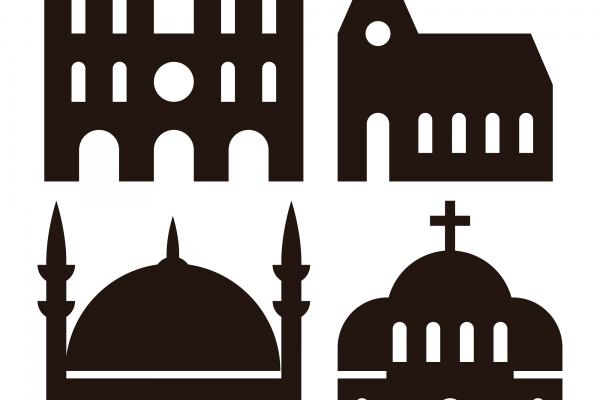So here’s my question: Is it possible to fully embrace my religious tradition, to be able to articulate eloquently what is distinctive, and true, and holy, and meaningful, and beautiful and life-giving, and even genius about it without denigrating or playing off of another one? Does my tradition have to be superior to another in order to be true, holy, meaningful, etc.? Does it have to be the only one that conveys what is true, holy, meaningful, etc.? Do we have to compete or can we cooperate?
I’m a Christian. Not always a well-behaved or particularly perspicacious one, but a Christian all the same. I have intentionally been Christian for a long time now. Did I choose this tradition? Yes. Did I canvass all available religions before I chose, picking Christianity as the clearly superior one to all others? No. I am a mere mortal with limited time on this earth, so I have not explored all of the world’s religions, made a spread sheet to compare them like a Consumer Reports product search, and then chosen the “Best Buy.” Christianity rings true to my experience (except where it doesn’t) and gives me language to articulate what I’m experiencing and what I’m hoping for at any given moment. If you ask me, I can most certainly tell you what is distinctive, true, holy, meaningful, beautiful, life-giving, and even genius about it. You’ll need to set aside some time.
Read the Full Article

